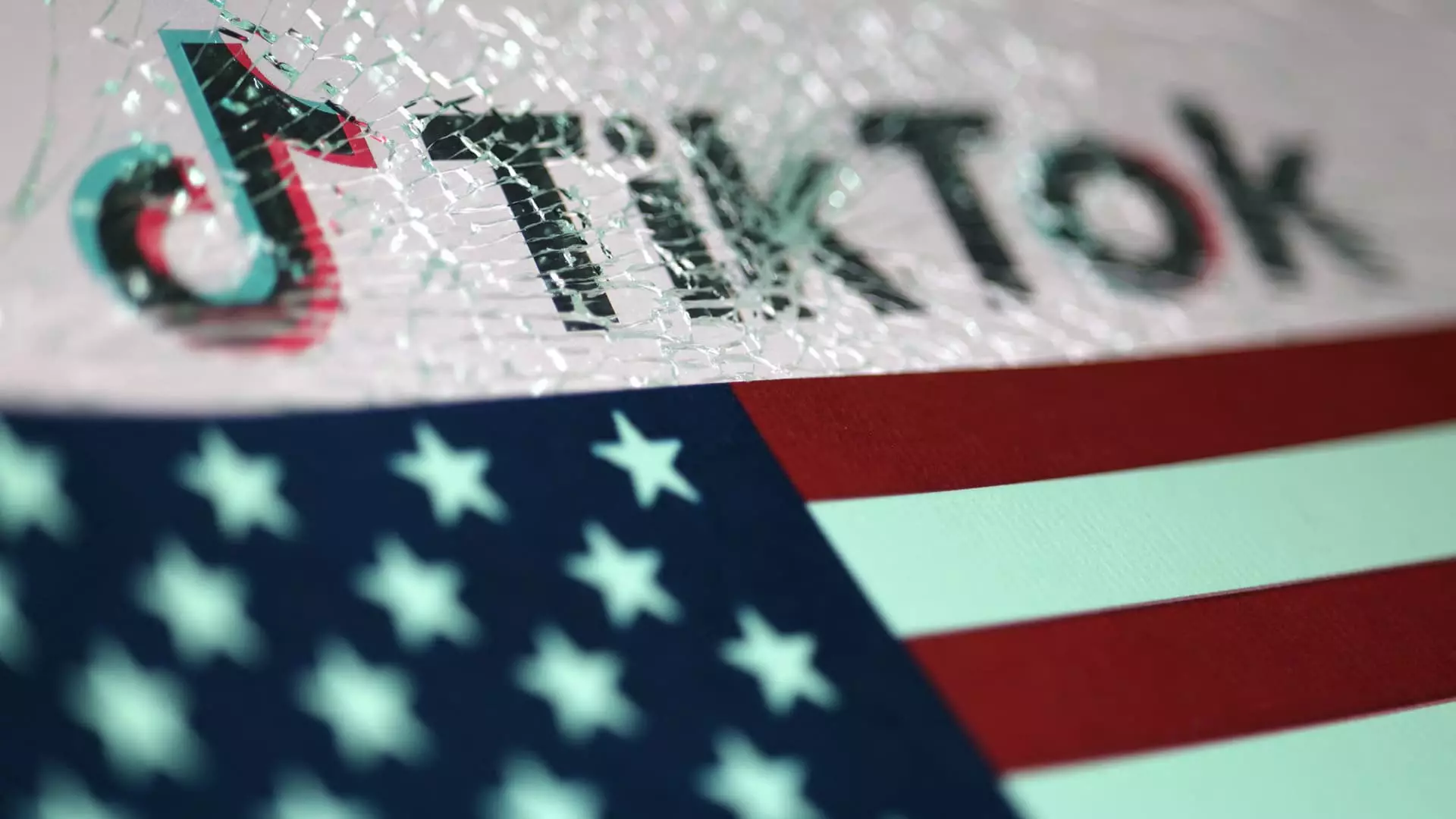TikTok, the immensely popular video-sharing platform, has witnessed a tumultuous journey in the U.S. amid mounting governmental pressures and concerns about its ownership by the Chinese company ByteDance. On a recent Sunday, the app was unexpectedly accessible to select American users after some reprieve suggested by President-elect Donald Trump. He hinted at signing an executive order which would effectively delay a federal ban on the app that was initially set to take effect that day. However, this momentary lift does little to alleviate concerns surrounding TikTok’s future—an embodiment of the deepening tensions between the U.S. and China in the tech realm.
Trump’s intention to issue an executive order caught many off guard. His administration had long been vocal about the potential dangers posed by TikTok due to data privacy concerns and national security risks, which had previously catalyzed efforts to restrict the app’s operations within the U.S. TikTok thanked Trump via social media, expressing gratitude for the clarity he provided to its service providers. The app claimed that this move would help maintain TikTok’s service to 170 million Americans and keep over 7 million small businesses operational through their platforms. Trump’s statement was framed as a defense of the First Amendment, positioning the app’s reinstatement as a win against what he referred to as arbitrary censorship, but these comments merely scratched the surface of a much more complex predicament.
Despite the reprieve, significant hurdles loom on the horizon. The Supreme Court recently affirmed a law that would impose a ban on TikTok, penalizing any third-party service providers such as Apple and Google should they facilitate access to the app after the ban’s implementation. This ruling underlines the precarious legal landscape that TikTok must navigate. While some users managed to access TikTok despite the ban, the company’s future in the U.S. remains uncertain, hinging on political negotiations and legislative changes.
In previous statements, Trump expressed a desire for the U.S. to take a 50% stake in TikTok as a way to ensure its operations remained secure and under American oversight. However, ByteDance remains steadfast in its refusal to divest, complicating the resolution of this troubling narrative. The lack of movement towards a sale or a joint venture highlights the standoff between national security concerns and the unrelenting popularity of the app among American users.
As the clock ticks, the stakes become higher. Both TikTok and the American tech landscape are at a crossroads, haunted by fears of censorship and the implications of foreign ownership. The ongoing drama surrounding TikTok only emphasizes the broader themes of technology, governance, and public sentiment in an increasingly digital era. As policymakers navigate these convoluted waters, the world will continue to watch closely to see whether TikTok can emerge as a sustained player in the U.S. market or if it will be relegated to a collection of lost opportunities amid legislative strife.

